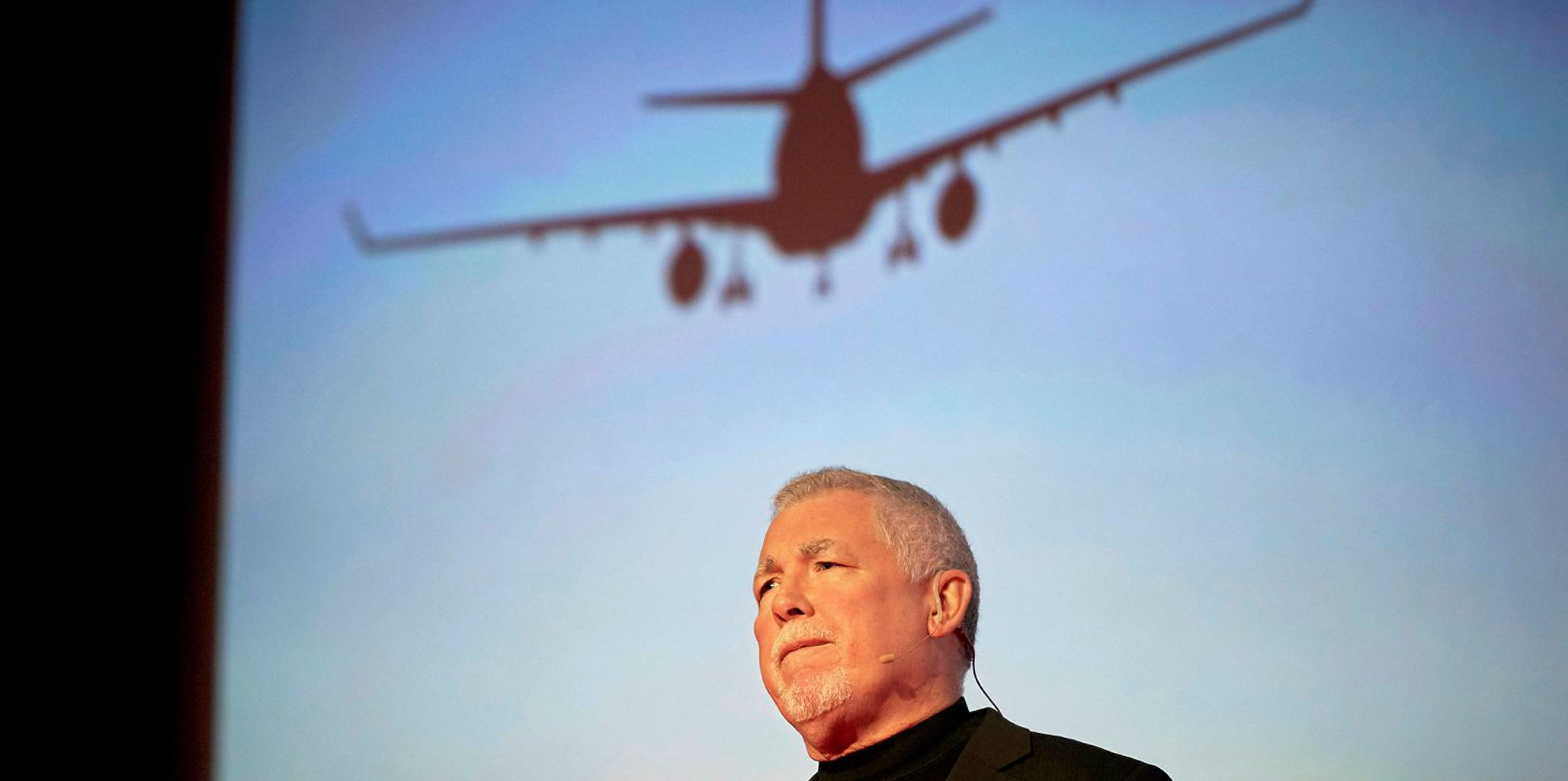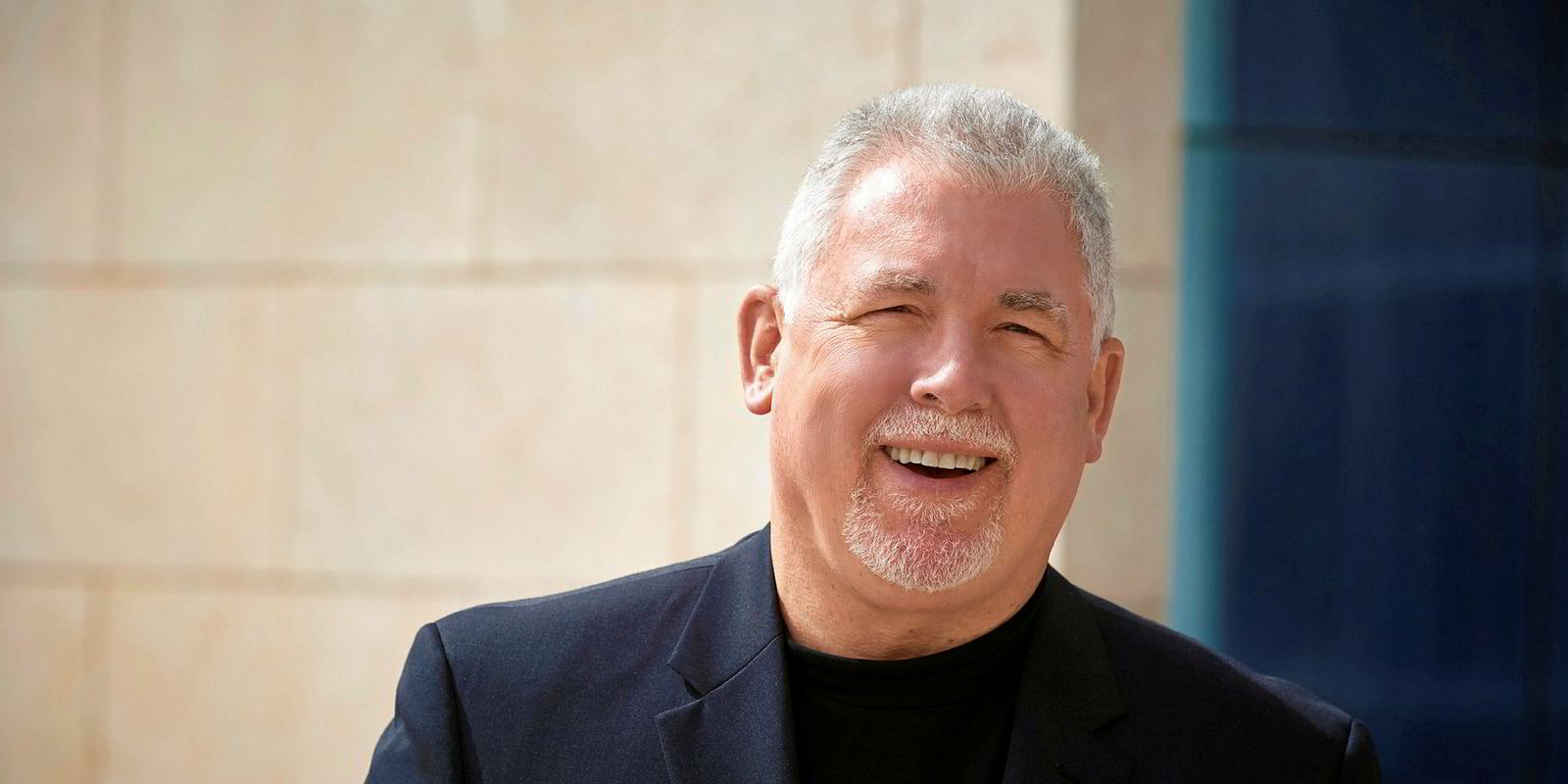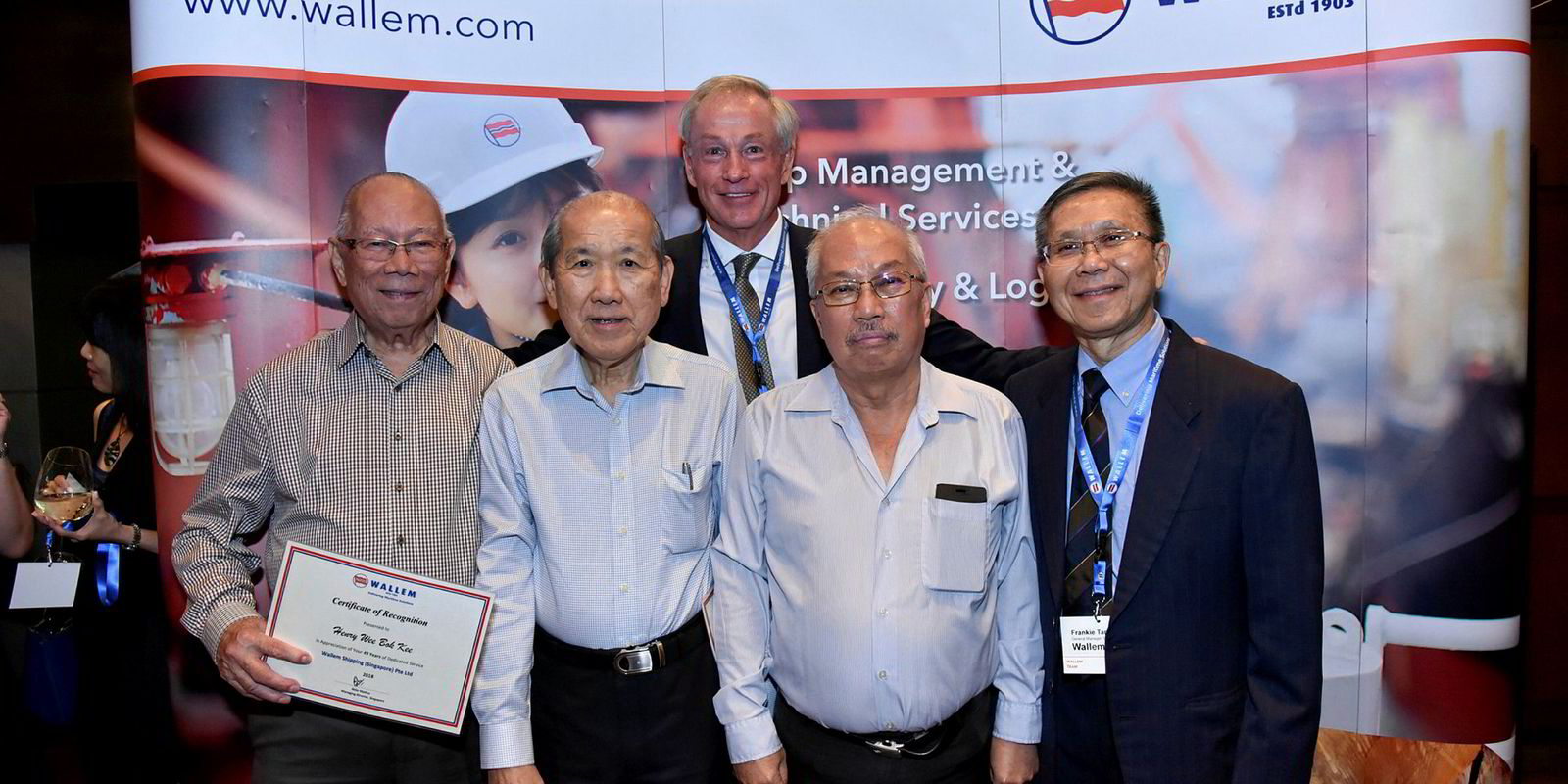When Frank Coles was appointed chief executive of Wallem Group nine months ago, he decided the Hong Kong-based shipmanager should become special by not believing the business to be “special”.
Coles — who was previously president of Transas until its sale to Wartsila last year, and before that headed Inmarsat — tells TradeWinds that Wallem was looking for change.
But he adds: “Because I had just sold Transas, it was made very clear to me we are not for sale, but we are for growth and modernisation.”
Coming from a maritime technology background, but with ship-operating experience from the 1990s at Pacific Basin, he says the traditional way of approaching shipmanagement — “to say we are very special, we need to customise everything and have lots of different systems” — is outdated. It is not the way other businesses use software.
“I decided the best way forward was to buy one platform with one database,” Coles says. “We are not going to customise it at all. They have designed the processes to work, and we are going to implement them.”
Integrated software
BASSnet, a Norwegian firm that has more than 2,000 ships using its products, will provide a single integrated software database with modular features focused on data collection and analysis.
“We are going to defy the myth that ship operations and management needs to be different, or somehow special,” Coles says. “It does not need all the disparate or heavily customised homegrown systems.”
Wallem is ditching four different databases and 15 different products to go to the one platform. It aims to have the new office system running by the end of this year with two test ships fully linked, adding customers on a fleet-by-fleet basis over two years.
“This technology will provide the same access to our clients to the data relating to the performance of their vessels, their fleet, and provide a completely transparent way of doing business,” Coles says. “We will rely on the quality of our service and not on commissions from third parties to make our money.
Oct 2018-present Chief executive, Wallem Group
May-Sept 2018 Transas leader, Wartsila Voyage Solutions
Feb 2015-Sept 2018 Principal consultant, Cayman Maritime Innovation
Sept 2015-May 2018 Chief executive, Transas Marine
Jan 2012-Oct 2014 President, Inmarsat Maritime
Mar 2011-Jan 2012 Senior director, Global Xpress Maritime
Sept 1999-Feb 2011 Chief executive and president, Globe Wireless
Nov 1995-Jan 1998 Chief executive and president, Rydex Communications
1995-1998 General manager and operations director, Pacific Basin Shipping
1990-1995 Maritime lawyer, Richards Butler
“We will not be the cheapest. We have turned away tonnage since I joined because we did not want to manage it at the budget that the owner was trying to force us to take.”
Coles is looking at a couple of small acquisitions, but they have to bring value. “Just merging with another shipmanager of the same size doesn’t move the dial, and wouldn’t be of interest.”
Wallem manages about 250 ships, including two joint ventures.
“We want to be large enough to have scale, but small enough to still be able to care,” he says. “I don’t think having 300 or 400 ships under full technical management is optimum, because you lose the personal touch. I would rather provide horizontally more product, than vertically more ships.”
He stresses the technological approach does not mean removing the human element, or getting rid of superintendents, but is about making life easier.
“I’ve stopped using the word digitalisation. I’m using modernisation, because shipping needs to modernise,” he says. “I want to provide business analytics that really help people understand how well their ship is being run, and I want to get them away from an annual budget mindset to a total cost of ownership … about taking care of a ship, instead of being squeezed for $100 a day, when one incident can blow that out of the water.”
Sharing the savings
It ties in with other themes Coles is passionate about: the importance of crew training and the standardisation of bridge systems.
“A ship or a fleet is a mini-factory,” he says. “It needs an enterprise solution, not an Internet of Things linking disparate pieces of equipment.”
There was a stream of vendors coming through the door when he joined Wallem.
“I have almost stopped it,” he says. “We will choose the core technology advances that we want to focus on, and invite people to come in and provide a solution so we can standardise these things.”
Coles would also like the vendors to provide software free and share in the profits that they claim will be made from the savings it brings.
“I don’t view Anglo-Eastern and V. Ships as my ultimate competitor,” he says. “The competition will come from Wartsila and ABB, classification societies and all the other third-party experts who will want to handle the data, analytics and business intelligence.
“Ultimately, it is the technical expertise, how to run that asset [the ship] better [that will determine] who will be the third-party supplier of the outsourced service. The difference is the shipmanager has the crew expertise, whereas the others are coming trying to find value because they can’t keep selling engines.”





